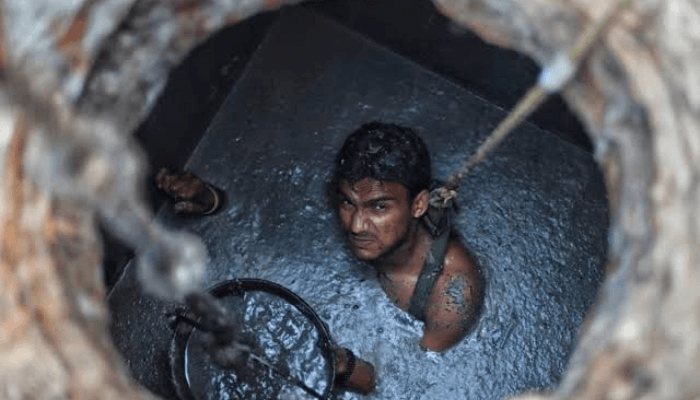
Oil rig worker – $100,000 per year
One of the most demanding roles available abroad, working on an oil rig offers a salary of up to $100,000 (₦160,200,000) annually. While the job requires workers to live away from family and endure harsh conditions for extended periods, the financial compensation is undeniable. Oil rig jobs often come with long shifts and the need to work in extreme environments, but those who stick with it can see significant rewards. Many Nigerians who have chosen this path are using it to build a solid financial future.
Sewer maintenance worker – $60,000 per year
While the idea of working underground and dealing with sewage might be off-putting for some, sewer maintenance workers in places like Germany and Australia earn up to $60,000 (₦96,120,000) a year. This job involves maintaining and repairing drainage systems, a necessary and essential service. Despite its unpleasant nature, the high demand for such roles, along with the considerable pay, make it a viable option for those who can tolerate the environment and physical labour.
Garbage collector – $50,000 per year
Slaughterhouse worker – $40,000- $55,000 per year
The slaughterhouse industry might not be the first choice for many, yet it offers a substantial salary, often in the range of $40,000 to $55,000 (₦64,080,000 – ₦88,110,000) annually. In countries such as the US and Denmark, workers in this field play a crucial role in food production. The job requires strength, quickness, and a capacity to handle the physical and emotional demands, including the sight of blood. But for those able to endure, the financial reward is significant, and some positions even include additional bonuses.
Elderly caregiver – $40,000 to $60,000 per year


